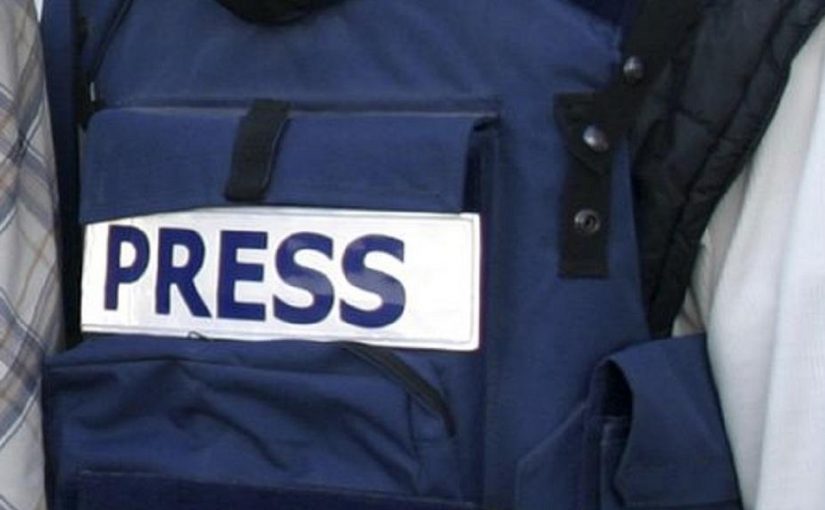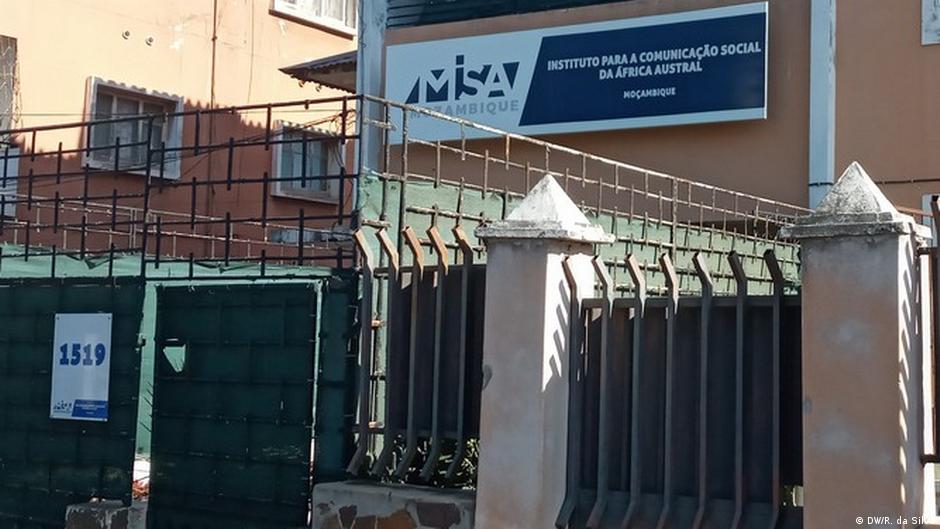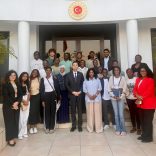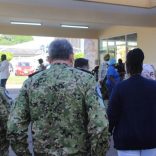Türkiye awarded 40 Mozambican students with university scholarships
Veiled threats against the press worry MISA Mozambique

File photo: AFP
- The authorities have been making intimidating statements aimed at limiting the work of journalists in Cabo Delgado, MISA-Mozambique argues. The NGO condemns the violation of the principles of press freedom guaranteed by law.
A statement from MISA-Mozambique issued on Monday, 14 June, begins by alleging that “in recent weeks, statements have been issued (written and verbal) by public entities, especially those linked to the Defence and Security sector, which assume the character of veiled threats against journalists”.
The organization adds that “in some cases it is intended to suggest a lack of professionalism and responsibility in covering the current war situation in Cabo Delgado province”.
MISA-Mozambique understands that “these statements arise in a context in which actions aimed at limiting the work of journalists in Cabo Delgado were recorded, with the imposition, at times, of restrictions that constitute an interference with the normal work of journalists, in clear violation of the principles of press freedom”.
Defence of press freedom
By way of example, the organization notes attempts to prevent journalists from capturing images of citizens arriving in the city of Pemba after the recent attacks on the town of Palma.
MISA also notes that, since 2019, two journalists based in Cabo Delgado have faced legal proceedings that have yet to reach their final outcome, in addition to another journalist disappearing without any clarification being presented by the authorities.
The organisation stresses that “it condemns, in the strongest terms, the armed violence that has been perpetrated by terrorist groups against defenceless populations in Cabo Delgado, and sympathises with the victims of these macabre actions”.
But, “As a problem that seriously affects the Mozambican state, the war situation in Cabo Delgado must be the object of reporting and scrutiny by the media,” it argues.
Persecution and pressure against press freedom

MISA admits that journalists, in the exercise of their activities, are potentially subject to committing irregularities, but these should not be interpreted as voluntary acts.
It urges that such cases “be duly reported on the basis of the law, and not the subject of simple public assessments by the holders of political power and the state, which can easily be mistaken as acts of persecution and pressure on press freedom”.
MISA says that statements of a threatening tone, devoid of reference to specific cases, can be interpreted as an act of collective intimidation against journalists, aimed at dissuading them from carrying out their task, and appeals to all public entities to avoid this.












Leave a Reply
Be the First to Comment!
You must be logged in to post a comment.
You must be logged in to post a comment.